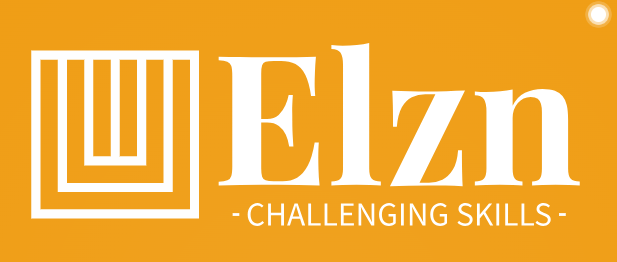Darknet links play a crucial role in preserving anonymity in online marketplaces, serving as vital tools for users who seek privacy and discretion in their digital transactions. Unlike traditional internet sites, which operate on the surface web and are indexed by standard search engines, darknet marketplaces exist on encrypted, decentralized networks such as Tor or I2P. These networks mask users’ IP addresses and locations, creating a cloaked environment that significantly reduces the risk of surveillance or tracking by governments, corporations, or malicious actors. For many, this level of anonymity is essential not only to protect personal information but also to safeguard freedom of expression and economic activities from external scrutiny. In online marketplaces, where transactions often involve sensitive or controversial goods and services, darknet links provide a secure gateway that keeps buyer and seller identities confidential. This confidentiality is not just about hiding illegal activities, as often portrayed in mainstream media, but also about protecting legitimate users in restrictive regimes, whistleblowers, journalists, or activists who rely on these platforms to communicate and trade safely.

One of the primary advantages of darknet links is the ability to conduct transactions without revealing one’s digital footprint. Regular e-commerce platforms require personal details such as email addresses, billing information, and shipping addresses, which can be exploited or monitored. Conversely, darknet marketplaces typically operate using cryptocurrencies, like Bitcoin or Monero, which add an extra layer of pseudonymity. Combined with darknet links, these cryptocurrencies enable transactions that are difficult to trace back to any individual, thereby preserving user anonymity from start to finish. This ensures that neither party in the transaction needs to disclose more information than absolutely necessary, reducing the risk of identity theft, data breaches, or targeted cyberattacks. Moreover, the use of encrypted darknet links shields marketplace activity from Internet Service Providers ISPs and network administrators, preventing censorship or blocking of access to these platforms. Another important aspect is the decentralization and censorship resistance afforded by darknet links. In many countries, governments impose strict regulations and surveillance on internet usage, often blocking access to certain websites or online services.
Darknet marketplaces accessed via specialized darknet links bypass such restrictions by routing traffic through multiple anonymous nodes worldwide, making it exceedingly difficult to monitor or shut down these networks. This enables users from restrictive environments to participate in global commerce without fear of reprisal or loss of privacy. The resilience of darknet links against takedowns or surveillance also fosters a trust environment where users feel safer engaging in transactions, knowing their communications and identities remain protected from prying eyes. Furthermore, darknet links foster innovation in privacy-enhancing technologies, such as end-to-end encryption, multisignature wallets, and anonymous feedback systems, all designed to maintain user anonymity and secure transactions. These marketplaces often integrate advanced security protocols that protect not only identities but also the integrity and confidentiality of communications and payments. As such, darknet links do not merely facilitate anonymous access they underpin a broader ecosystem committed to privacy, security, and user autonomy. The darknet links empower users to maintain privacy in their transactions, protect sensitive personal information, circumvent censorship, and engage in secure commerce.
